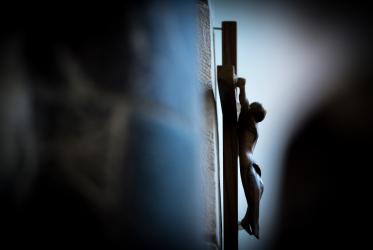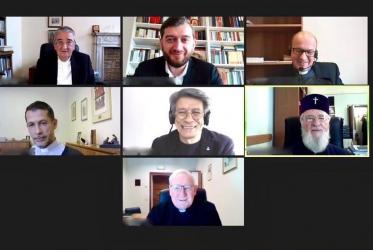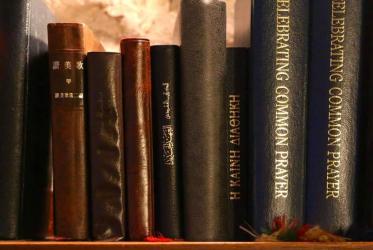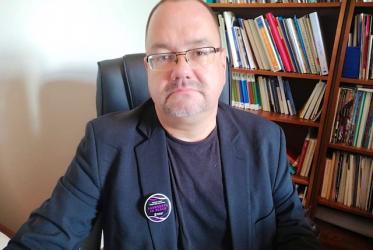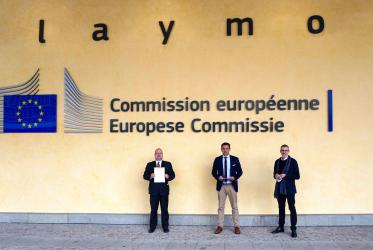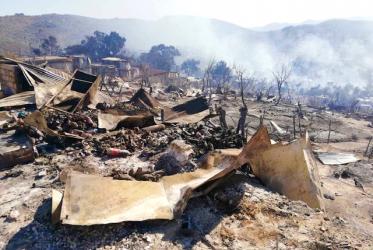Displaying 141 - 160 of 376
Rev. Dr Hans-Ruedi Weber dies at 97
29 October 2020
Bilateral dialogue “an activity of the churches themselves”
29 October 2020
Webinar - "The role of bilateral dialogues within the one ecumenical movement: experience and results"
27 October 2020
https://www.oikoumene.org/live
In a COVID-stricken world, “everyone is important”
23 October 2020
Ecumenical statement on migration received by European Commission
25 September 2020

